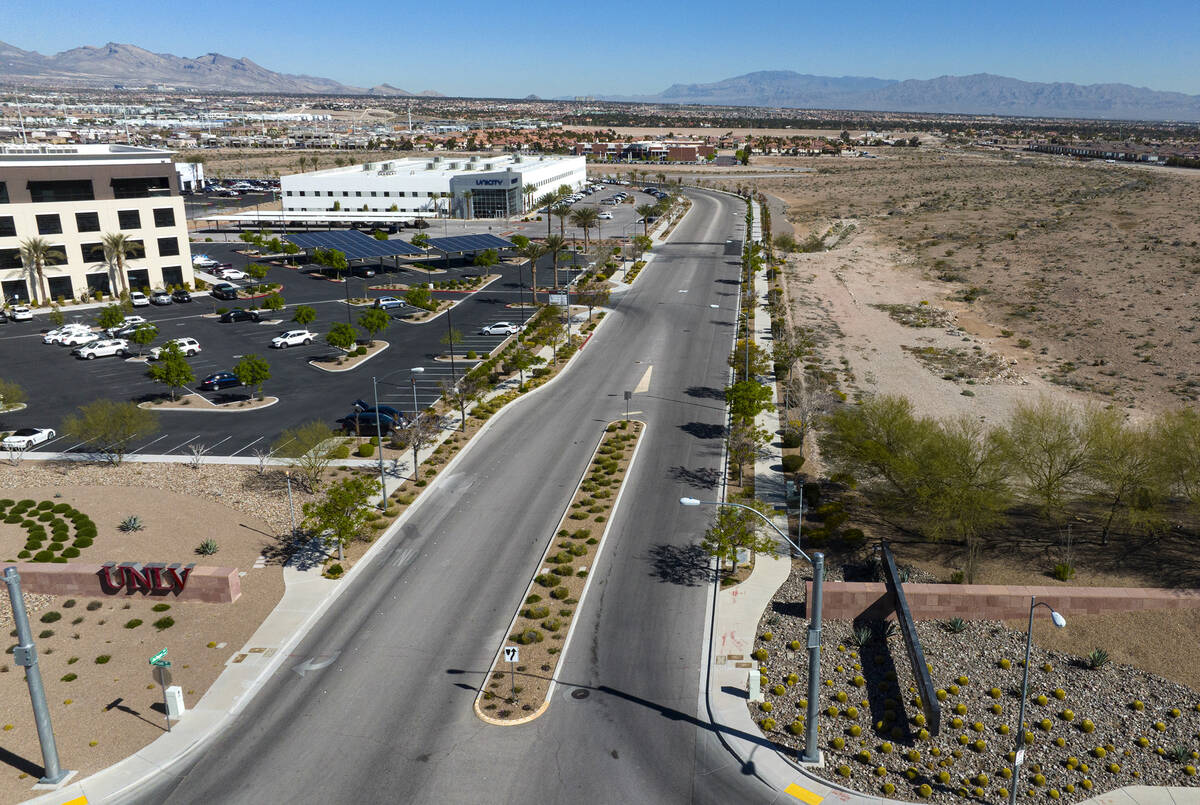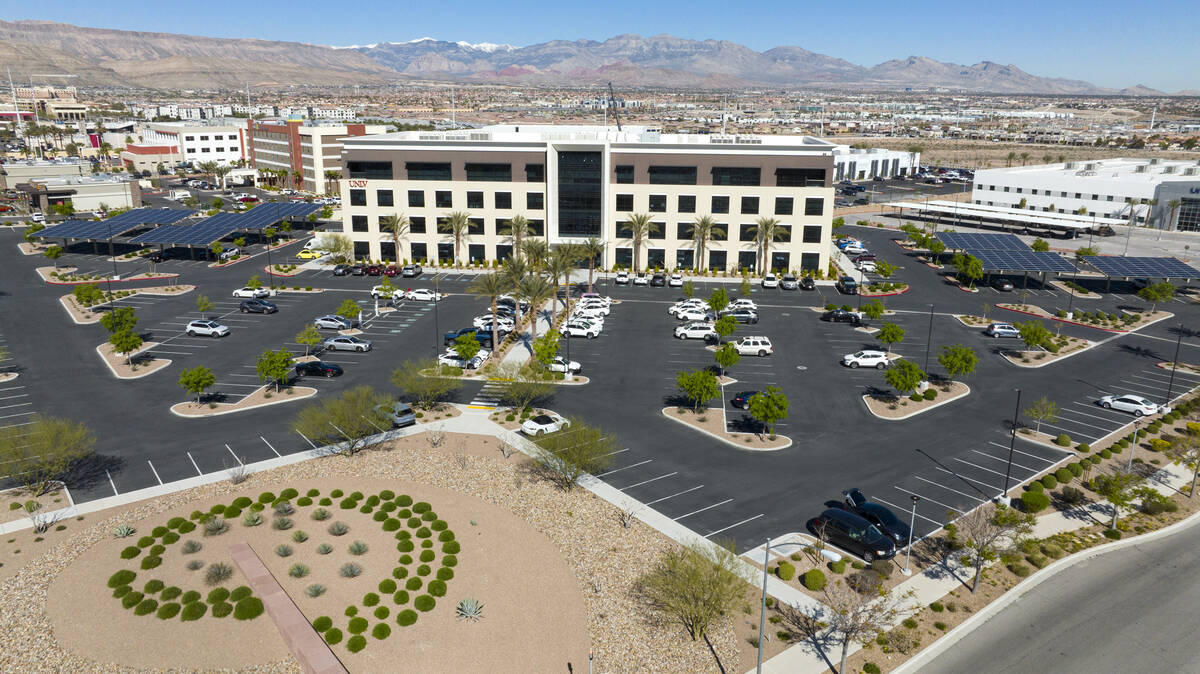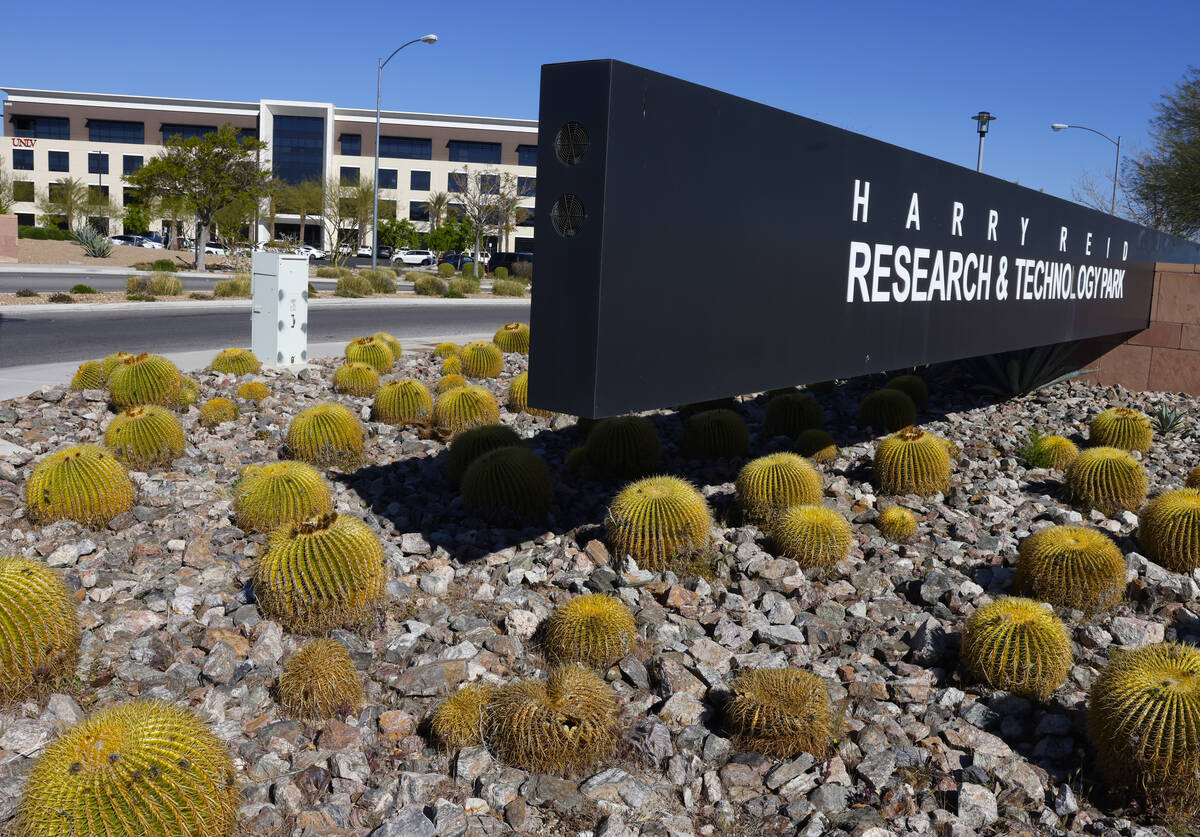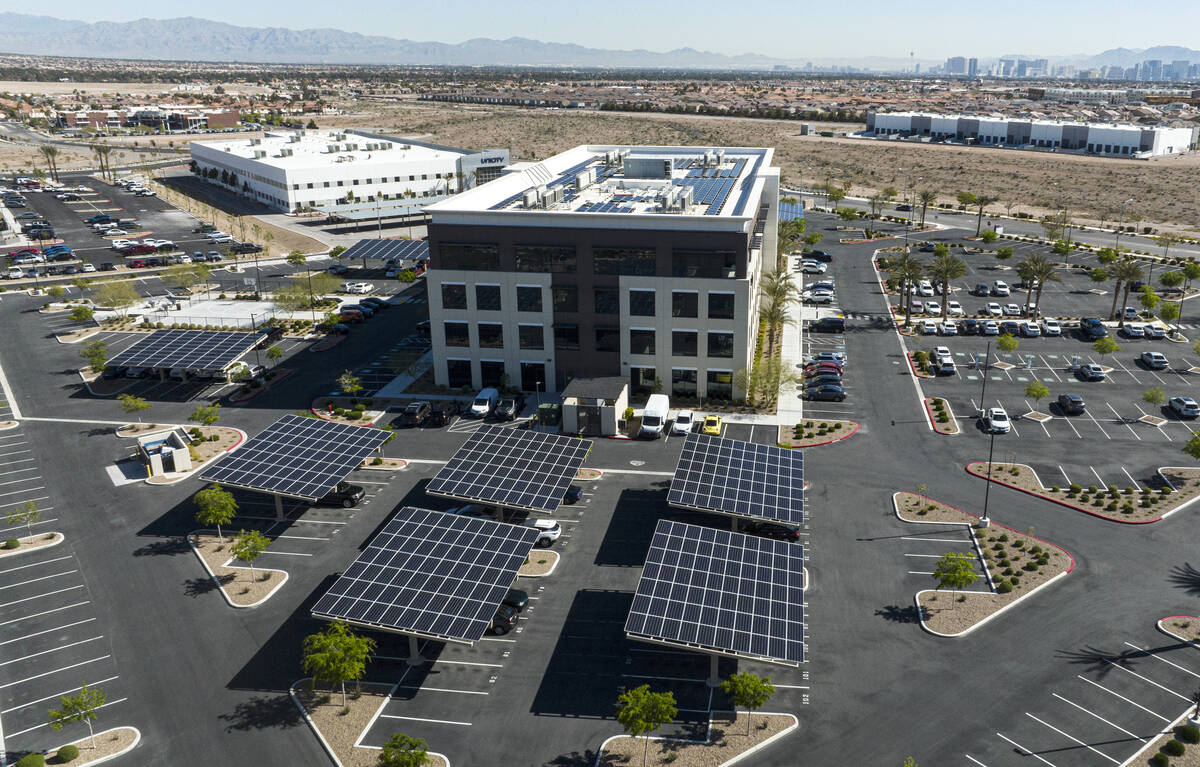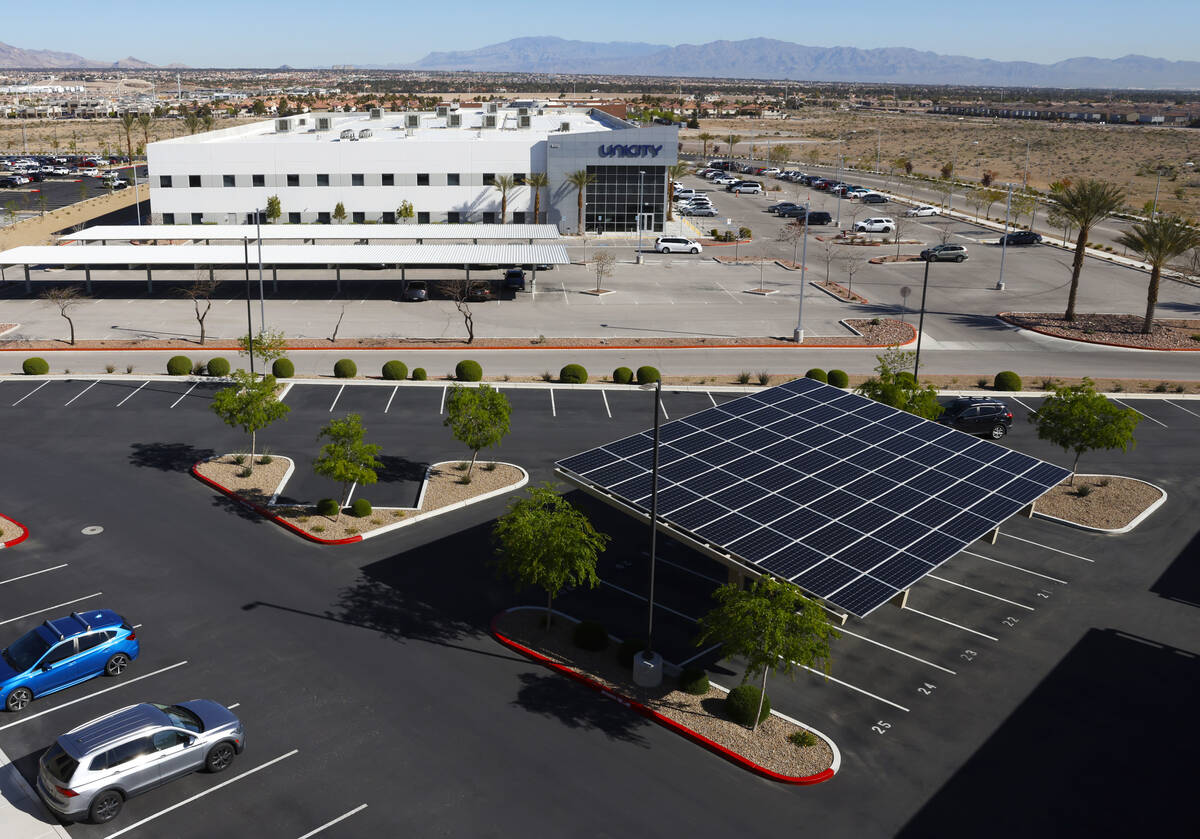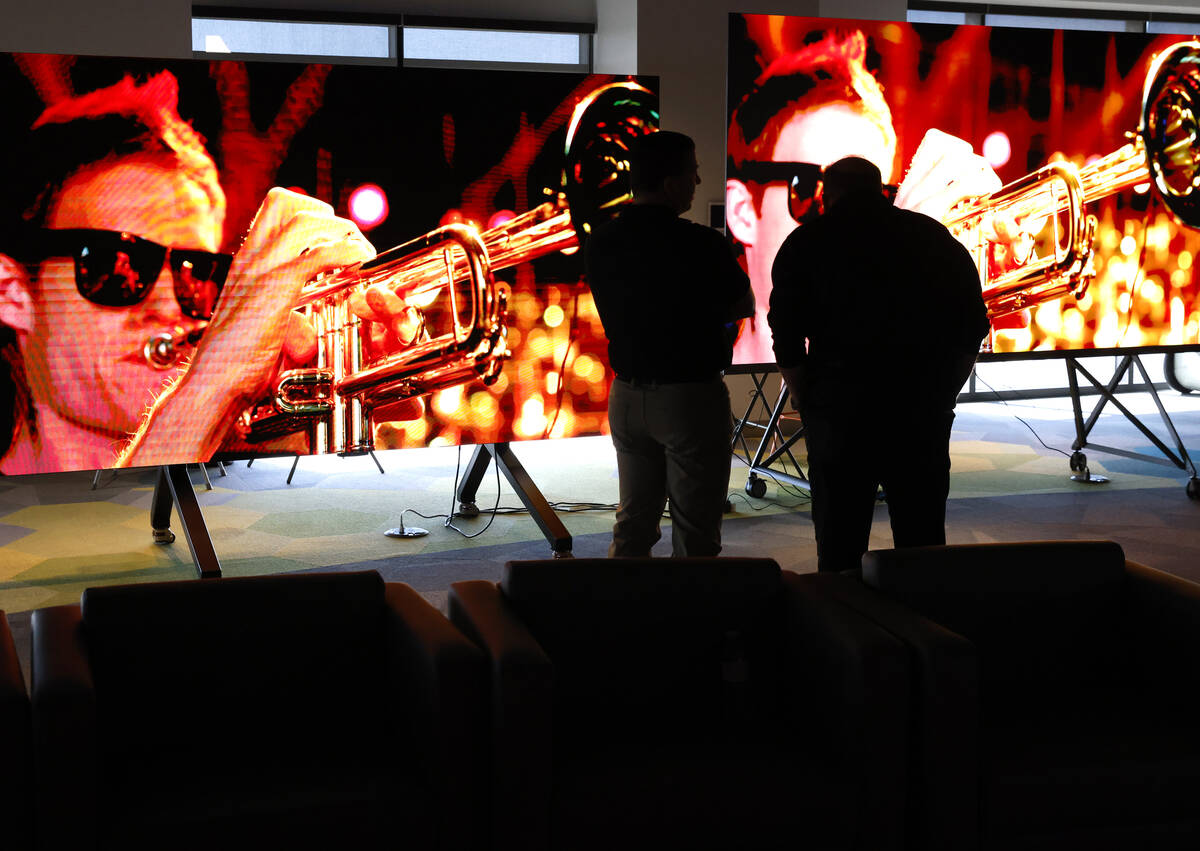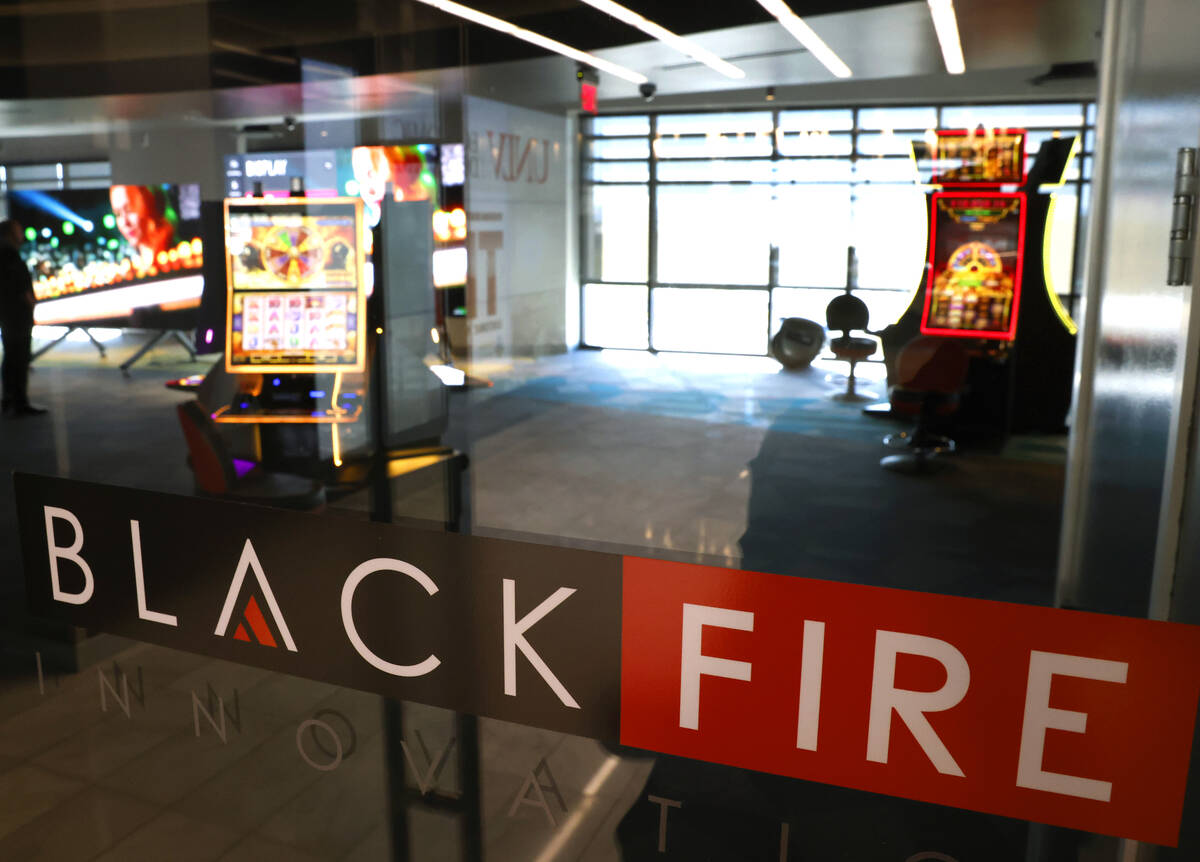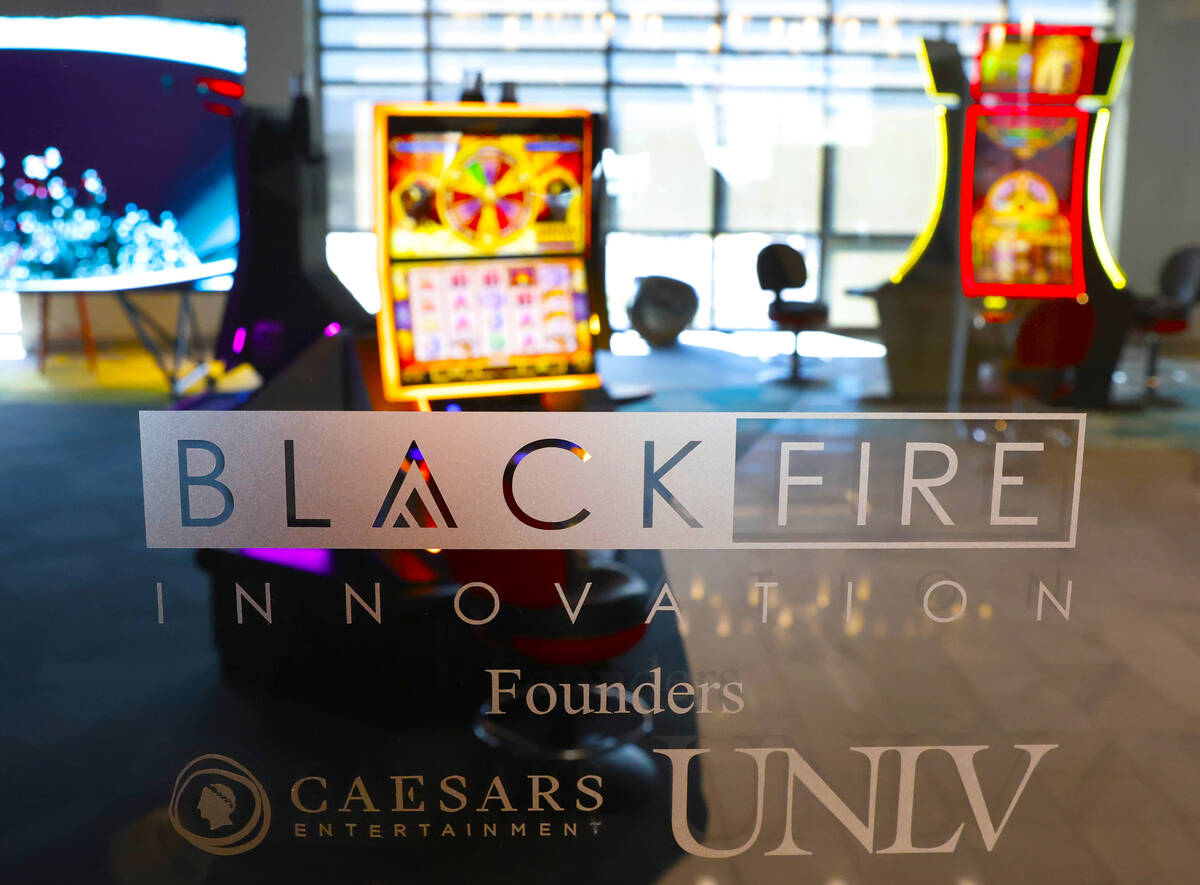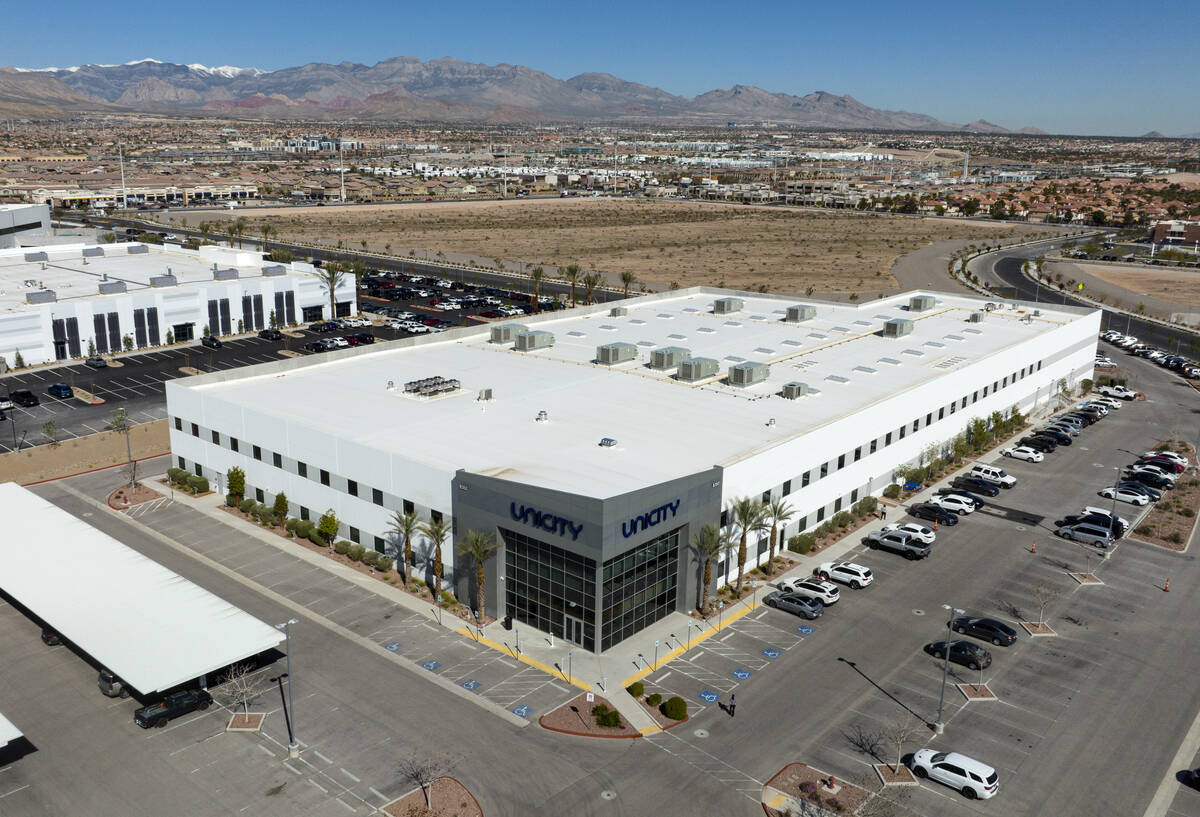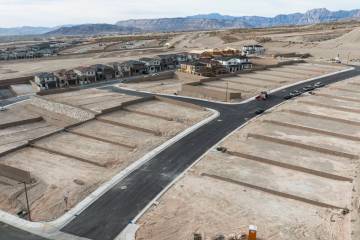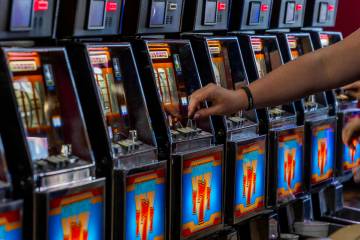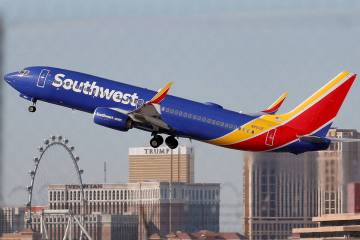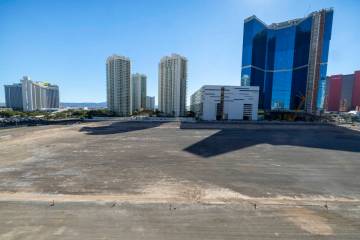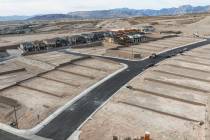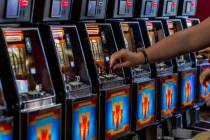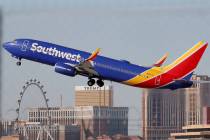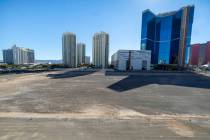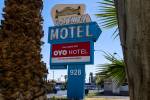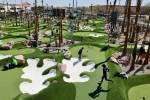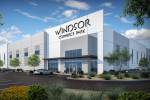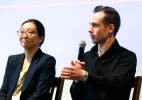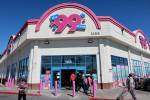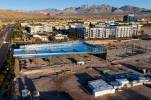UNLV’s tech park still growing, targets high-profile companies
UNLV is looking to cash in on the positive momentum of development in the southwest Las Vegas Valley to lure high-profile companies to its tech park in the area.
While many sports, entertainment and technology companies are already located at the Harry Reid Research and Technology Park, a large film studio has been proposed, and developers are seeking larger companies, specifically in tech and medicine, to set up shop there to help diversify the valley’s economy.
“We have verbal commitments that are turning into concrete things, we hope, for the rest of the land,” said Bo Bernhard, vice president of economic development at UNLV.
The Reid tech park was designed as a place for small and large companies — that could provide good-paying careers for UNLV students after graduation — to locate. The developers won’t accept any company and has even turned down some law and accounting firms, they said.
Tech park’s potential
UNLV says the tech park has the potential to create 25,000 jobs and about $2.6 billion in economic impact for Las Vegas.
Tina Quigley, president and CEO of the Las Vegas Global Economic Alliance, said Las Vegas isn’t the first city with a university-backed tech park, but having a viable one boosts the area’s business reputation.
“It shows we are committed to the entire ecosystem of business development,” she said in an emailed statement.
A 2019 master site plan for the Reid tech park, located at 8100-8398 Sunset Road near the 215 Beltway, from developer Gardner Company shows about 12 office buildings and 1.5 million square feet are planned. So far, only about 40 of the park’s 122 acres have been developed, and UNLV has received commitments to develop up to half of the total land available. Four buildings at the park have opened.
Currently, there are over 100 companies and 1,000 employees, the majority in coworking or incubator space, located at the tech park, Bernhard said.
Tenants range from high-profile unicorn tech companies — meaning they are valued at over $1 billion — GeoComply and Sightline Payments, to the NBA Summer League and Oak View Group, the developer of a potential Las Vegas NBA stadium project.
The latest building to open at the tech park is the T-Mobile Business Customer Experience Center, which serves as a center for the company’s sales, customer support and other teams. The facility should eventually employ about 575 people, Bernhard said.
He said that T-Mobile will use the facility to advance cellular networks past the current limit of 5G coverage and that landing the company in the early years of the park could boost its reputation.
Dan Palmeri, senior vice president and office broker for CBRE Group Inc., said creating more buildings with a specific purpose, like the T-Mobile one, could happen more often at the tech park because Las Vegas is a tough market to pre-lease to tenants looking for a smaller space in a new office building.
He said it might be more productive for UNLV to find a few bigger companies looking to invest more in the Las Vegas market rather than find a lot of companies looking to occupy a small space at the tech park.
Room to grow
One major project set for the park, which has yet to start construction, is the Las Vegas Media Campus, one of two film studio projects proposed for Las Vegas. The other proposed by Howard Hughes Holdings and Sony Entertainment is planned for Summerlin.
As proposed, the campus will be over 800,000 square feet, which is larger than Sony and Howard Hughes’ project, and cost about $880 million to develop, according to estimates from April 2023, listed on the project’s website. A groundbreaking for the media campus could happen in late 2024 or early 2025.
Bernhard said the project could be impacted by legislation to expand the state’s film tax credit program that’s in the works for the 2025 legislative session.
“I don’t know if I call it dependent but I know that there will be a legislative conversation that’s a very important one on the film industry’s future in Nevada,” he said.
History of the park
Bernhard said the development of the tech park has been successful even though one of the first buildings there — the Black Fire Innovation building — opened in 2020 just before the coronavirus pandemic. He said the Black Fire building, which is over 43,000 square feet, is now fully leased, beating some predictions made when it first opened.
Black Fire, the park’s flagship building, houses coworking space and an accelerator for hospitality, gaming and entertainment businesses.
“There were a lot of people that were saying — smart people, during COVID — that the commercial real estate world is going to be dead forever,” Bernhard said. “We think that the unique pitch (of the park) is that if you come here, you can work with the university and instead of just having your normal workforce, you have your workforce plus 36,000 brilliant students, faculty, and team members jumping into the mix here to try to help your company succeed.”
Dan Stewart, a vice president for the Gardner Company, said there is a positive momentum on getting the tech park fully developed, but how quickly this could happen is unknown because development is reliant on new businesses looking to locate operations in the southwest valley.
Contact Sean Hemmersmeier at shemmersmeier@reviewjournal.com. Follow @seanhemmers34 on X.



